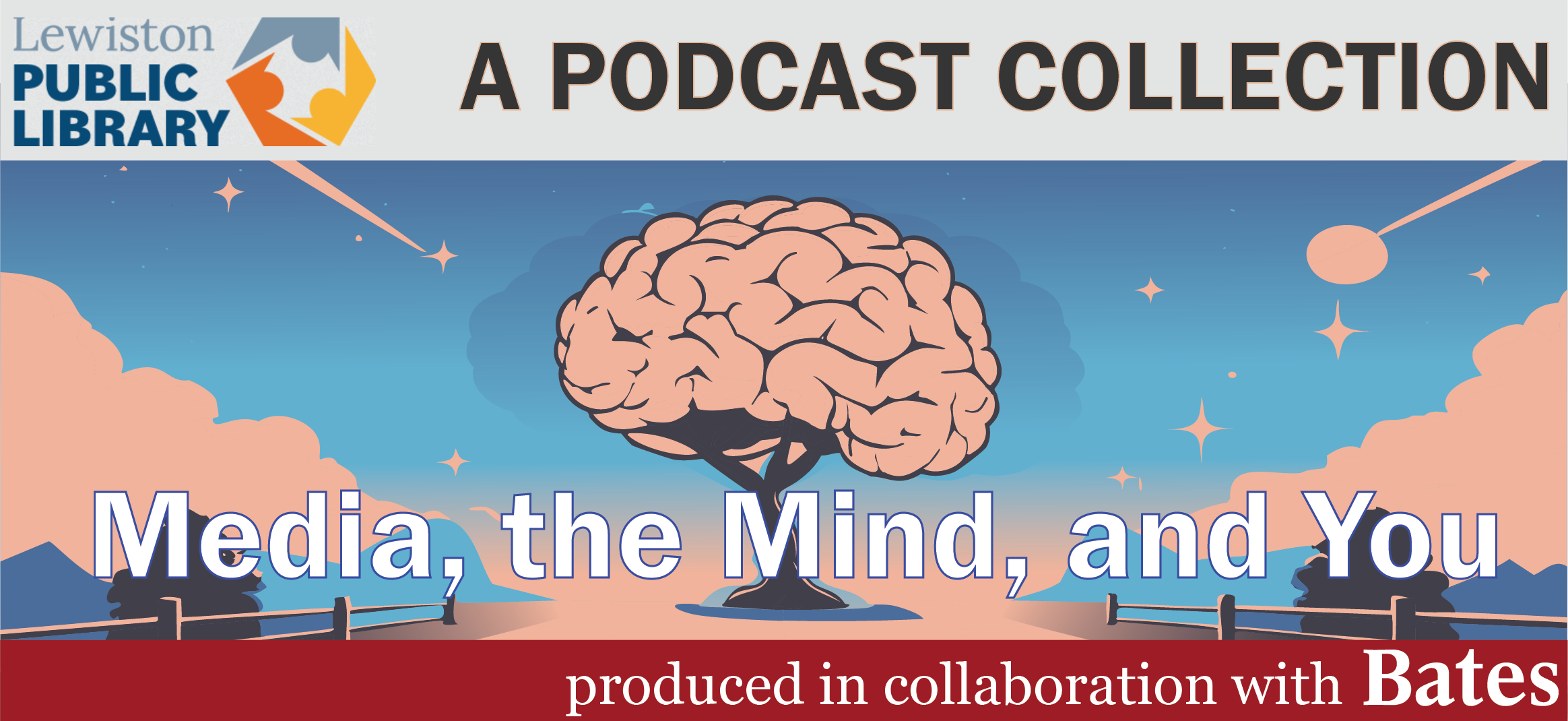Music on the Brain
Publication Date
5-2-2024
Academic Department
Neuroscience
Faculty Advisor
Olivia Kim
Keywords
music, brain, cognition, studying, development, emotions
Description
Music is such an important part of daily life, from tunes being played in stores, in your car, and at events, to singing karaoke with friends and family. Music has universally been used to bring people together. But have you ever wondered how our brain reacts to these melodies? Why do certain songs get stuck in our heads? And can music improve our cognitive function?
About the Authors
Sarah - I am an Economics major in the class of 2025 at Bates! I have a concentration in Public Health, so I was interested in taking and learning about this class, Neuroscience of Video, especially since we can interact with the public to produce this podcast. For our podcast topic specifically, I am a student-athlete at Bates, I am on the softball team so I have found that music has really motivated me in that sense of getting excited and motivated for a game. When studying, I was having a hard time focusing, and my friend told me she listens to classical music to help her focus so I started to do that, and ever since I have been able to focus a lot better, which is why I am so passionate about this topic for our final podcast project. Criselda - I am majoring Psychology with a concentration in Adolescents, Children, and School at Bates College (class of 2024). Psychology and Neuroscience are highly connected which made me interested in taking Neuroscience of Video. Music has also played an important role in my life, whether it’s just enjoying different genres of music, boosting my mood, or enhancing motivation and concentration during my studies. Music is a universal language and it’s been exciting being able to incorporate my major and shared interest with others into discussing how music affects our emotions, behaviors, and studies. Grace - I am majoring in Biology, minoring in Chemistry, with a concentration in Public Health (class of 2025). As an avid movie-watcher, especially with my younger brother, I was super excited to take Neuroscience of Video, as it was a class that could connect my knowledge as a STEM major with a hobby of mine. Music has also always played an imperative role in my life. Whether that be listening to music on the bus ride before a big NESCAC women’s soccer matchup, driving with the windows down near my favorite beach in Rhode Island on a summer night, or listening to my favorite oldies with my grandpa, music brings about so many good memories and emotions. The final podcast project allowed me the opportunity to explore why music has had such a profound effect on me, allowing my group to connect our love for music to neuroscience topics that we covered in class this semester.
Course Description
This material was produced as part of the final exam for NRSC 225 (The Neuroscience of Video: How the Screen Affects our Minds and our Brains) in Bates College's Winter 2024 semester.
Disciplines
Neuroscience and Neurobiology
Recommended Citation
Gesmondi, Grace; Cooke, Sarah; and Mele, Criselda, "Music on the Brain" (2024). Media, the Mind, and You. 3.
https://scarab.bates.edu/mediamindyou/3






Comments
Sources Cited:
“The Mozart Effect (Explaining a Musical Theory).” Edited by Cara Jernigan, Incadence Music Therapy Blog, 17 Jan. 2021, www.incadence.org/post/the-mozart-effect-explaining-a-musical-theory.
Perham, Nick, and Harriet Currie. "Does listening to preferred music improve reading comprehension performance?." Applied Cognitive Psychology (2014). Cassidy, Gianna, and Raymond AR MacDonald. "The effect of background music and background noise on the task performance of introverts and extraverts." Psychology of Music 35.3 (2007): 517-537.